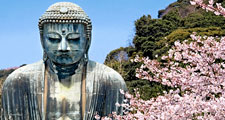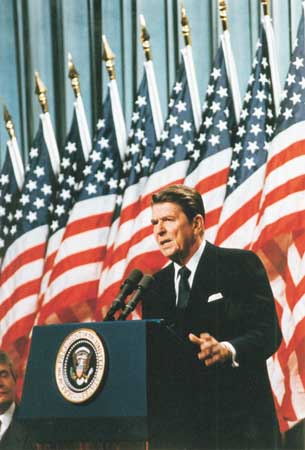Nikolay Bukharin, in full Nikolay Ivanovich Bukharin (born Oct. 9 [Sept. 27, Old Style], 1888, Moscow—died March 14, 1938, Moscow), Bolshevik and Marxist theoretician and economist, who was a prominent leader of the Communist International (Comintern).
- BukharinH. Roger-Viollet
Having become a revolutionary while studying economics, Bukharin joined the Russian Social-Democratic Workers’ Party in 1906 and became a member of the Moscow committee of the party’s Bolshevik wing in 1908. He was arrested and deported to Onega (a region near the White Sea) in 1911 but escaped to western Europe, where he met the Bolshevik leader Lenin in Kraków (1912) and worked with him on the party’s newspaper Pravda (“Truth”). In October 1916 he went to New York, where he edited a Leninist newspaper, Novy Mir (“New World”).
After the February Revolution of 1917, Bukharin returned to Russia. He was elected to his party’s central committee in August, and, after the Bolsheviks seized power, he became editor of Pravda. In 1918, when Lenin insisted upon signing the Brest-Litovsk treaty with Germany and withdrawing Russia from World War I, Bukharin briefly resigned his post at Pravda and led an opposition group, the Left Communists, which proposed instead to transform the war into a general Communist revolution throughout Europe. In March 1919 he became a member of the Comintern’s executive committee. During the next few years he published several theoretical economic works, including The Economics of the Transitional Period (1920), The ABC of Communism (with Yevgeny Preobrazhensky; 1921), and The Theory of Historical Materialism (1921).
After Lenin’s death in 1924, Bukharin became a full member of the Politburo. He continued to be a principal supporter of Lenin’s New Economic Policy (promulgated in 1921), which promoted gradual economic change, and opposed the policy of initiating rapid industrialization and collectivization in agriculture. For a time Bukharin was thus allied with Stalin, who used this issue to undermine his chief rivals—Leon Trotsky, Grigory Zinovyev, and Lev Kamenev. In 1926 Bukharin succeeded Zinovyev as chairman of the Comintern’s executive committee. Nevertheless, in 1928 Stalin reversed himself, espoused the program of enforced collectivization advocated by his defeated opponents, and denounced Bukharin for opposing it. Bukharin lost his Comintern post in April 1929 and was expelled from the Politburo in November. He recanted his views under pressure and was partially reinstated in the party by Stalin. But though he was made editor of Izvestia, the official government newspaper, in 1934 and participated in writing the 1936 Soviet constitution, he never regained his earlier influence and power. Bukharin was secretly arrested in January 1937 and was expelled from the Communist Party for being a “Trotskyite.” In March 1938 he was a defendant in the last public purge trial, falsely accused of counterrevolutionary activities and of espionage, found guilty, and executed. He was posthumously reinstated as a party member in 1988.
Learn More in these related articles:

in Union of Soviet Socialist Republics















